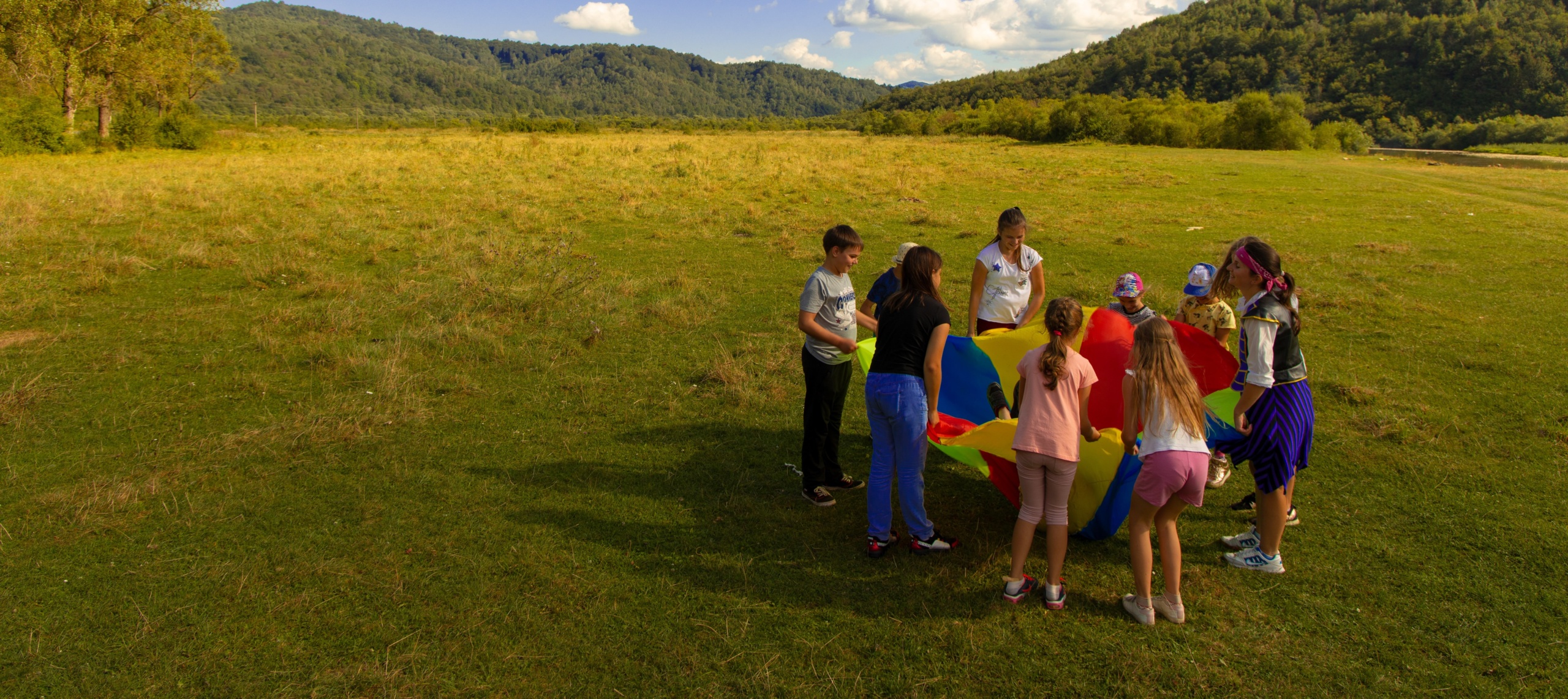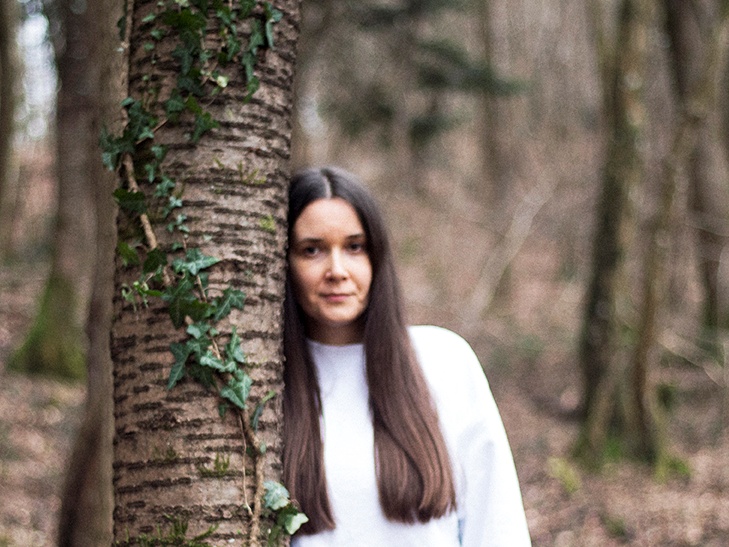EUKI Interview: Rethinking How to Learn and Teach for a Sustainable Future
by Julian-Maximilian Dreyer, GIZ / EUKI
Should climate action become a stand-alone subject to teach? According to Maja Vrčon, European Climate Pact Ambassador and mastermind of EUKI project Classroom for Life, European schools and teachers should rather integrate climate action in the curriculum to address climate change interdisciplinary. In our interview, we further spoke about her experiences in helping educators, students, and teachers to adopt systems thinking and positive approaches to global and local challenges.

Teachers across Europe have a hard time bringing climate and sustainability themes into classrooms. Where do you see the problems?
There has been a lot going on in the EU and worldwide in the past years. We are facing a polycrisis that is devastating for life on the planet, but looking back it is not something truly new. To alter our way of life, we must alter our perspective on things. Mental models are the source of a profound systemic change. The importance of education lies in its ability to achieve these changes. For teachers, re-learning how to teach and how to connect school subjects in a transdisciplinary way, with other colleagues, working together, also outside the schools, are some of crucial topics, if we want to make a break-through in the educational system.
Do you think climate action will become an integral part or even an own subject in Slovenian and European schools?
In my opinion we should begin discussing climate action and sustainable development in a broader sense at this level. This implies not just reducing greenhouse gases, building resilience to climate change, and maintaining the system that led us to this crisis. But examine our society, change our unsustainable lifestyles, search for alternative economies, rethink values, start just transitions, and so on.

The core of each subject should be focused on these things. It is important to address human activities, behaviour, and what is happening to our planet at a whole-system level, as it is impossible to separate them. This is why the interdisciplinary approach is also necessary. The meaning of all things being connected, and part of the living system should be revealed by school subjects merging into each other at some point.
How are your experiences in working with teachers? Are they open for change, or do they want to stick to what they have learned?
The teachers I worked with were the ones who provided the greatest inspiration and motivation for the design of the Classroom for Life project. They helped me recognise their needs to learn more about sustainability topics, problem-based learning, and group learning. We tested some tools together and discussed how to support them in the best way possible. However, it is important to note that not all teachers are enthusiastic about altering their teaching methods. We are fortunate to have the opportunity to work with individuals who are open to trying out different approaches and methods. These teachers are true treasures and it’s exciting to witness how we can co-create new teaching materials together.
You are a European Climate Pact Ambassador. What does this position mean, how does it benefit you in your work, and why do you think it is important?
I grew up and currently reside in the border zone between Slovenia and Italy. For regions like this, the story of togetherness and reconciliation is more significant than anything else. Therefore, European values and the concept of being a European citizen are of utmost importance to me. As European Climate Pact Ambassador, I am representing both Slovenia and Italy. Being an Ambassador adds more importance to my work and vice versa. Through my work, I am pleased to be able to contribute to the European Green Deal goals at a significant level, such as education. Being an Ambassador made it possible for me to connect with organisations and individuals who are working towards the same goals. I am able to actively follow EU legislation and directives and be involved in policy making.
What will future classrooms look like? Or what should they look like? What is your vision?
As someone with a degree in literature and languages, I still believe that books and reading are essential for people’s education and personal development. I think that the debate and deep philosophical questioning are very important as well. In my opinion, the balance between learning by heart the non-essential information and general knowledge needs to be reconsidered. My wish is for an educational system that will support thinkers, creators, and everyone at their personal level and capacity. The most important thing is educational systems that foster lifelong learning and encourage a passion for learning, not the opposite.
You organised an International Conference on Ecosocial Education 28-29 September 2023. What were you hoping for this summit to achieve?
The main idea was to bring together experts and practitioners who are reinventing education in their own areas. Our aim was to motivate Slovenian teachers with examples from abroad and give voice to what we already have in Slovenia. It was interesting to hear about the process of overcoming systemic barriers by sharing examples of good practices in the field of ecosocial education.
It brought me joy that my mentor, Dr. Conchi Piñeiro, was participating in the conference as a keynote speaker. She and her organisation FUHEM have been a great inspiration for me and my work. They are pioneers in ecosocial education which is a common denominator of what we are also trying to achieve and present through the conference.
The fact that teachers from other European countries were also applying to join the online portion of the conference is a positive thing. In my opinion, this made the experience of all participants even more enriching.
Thank you for the interview, Maja!
Did you know that Classroom for Life is not the only EUKI project focusing on climate education for pupils, students, and teachers? Climate education was also at centre of:
- Climate Heroes, training young people in Central and Eastern Europe to become leading actors of climate action.
- Together for Sustainable School, eencouraging young people from Cyprus, Germany, and Lithuania to take part in climate action initiatives and enable them to make more conscious and climate-friendly decisions.
- Children Stand Up!, inspiring young people in Albania and Italy with sustainable lifestyles to advocate for them in local politics.
- Climate Change – See, Feel, Change, encouraging people in Latvia and Lithuania to engage in climate action through a mobile museum.
- Bringing Climate Action to the Table, raising awareness on sustainable diets through gamified and participatory activities also for young people in Greece, Slovenia, and Spain.
- EcoFootprint Romania, training teachers on ecological footprints to familiarise and sensitise their students to protect the environment.
- Pupils’ Conference Elefsina, unitng students from both the European Union and accession countries with the purpose of creating a joint perspective on achieving climate neutrality.
